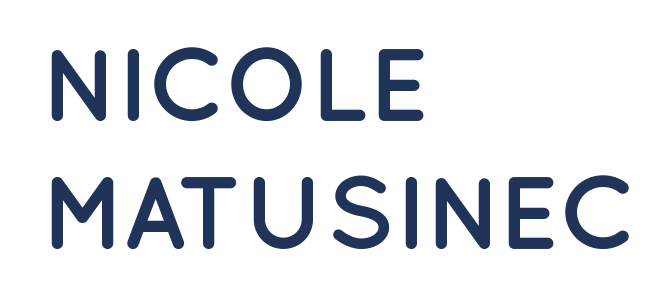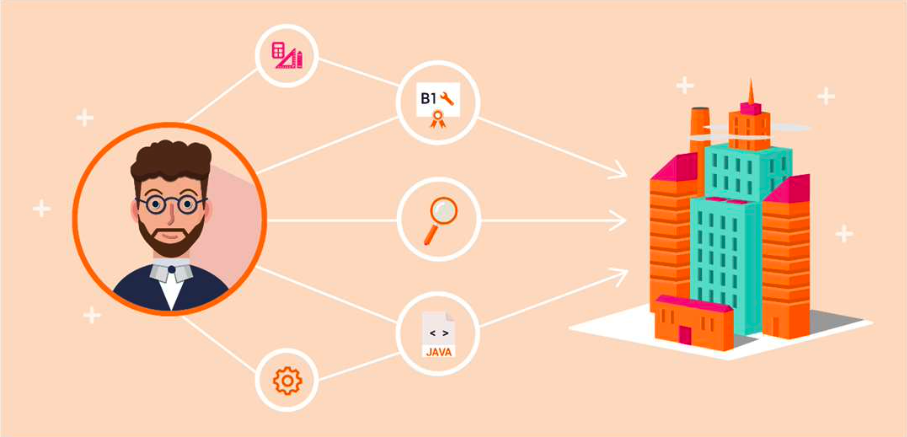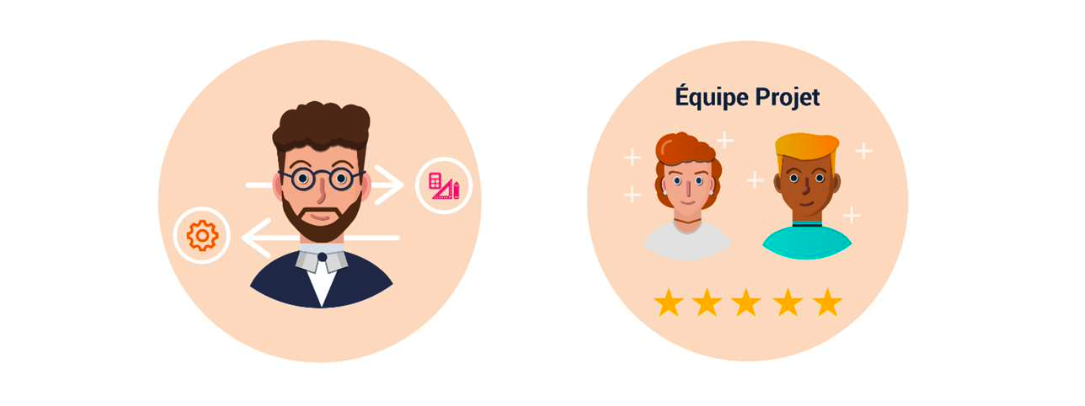An individual’s knowledge has therefore become one of the keys to the economic model of today and tomorrow. Yet in companies, this information about employees is very low: they do not know or very little about their Skill Data.
Skill Data : What is it?
Skill Data is any form of Data used to characterize the achievement and / or production potential of the individual for the company.
The term Skill Data is therefore very broad: Hard-Skills (the know-how), Soft-Skills (Social Skills), Authorizations, Customer / Service Provider relations, desire for mobility, aspirations …
Here are some concrete examples:
- Coding in Java (Hard-Skill)
- Be curious (Soft-Skill)
- Have the electrical authorization B1 (Authorization)
- Know the IDF Operations Director of SkillData SAS (Relationship)
- Ability to travel in the northern region (geographic mobility possible) All of this information should be readily known to the company, yet there are very few or no tools that centralize this crucial data. Companies will have to identify and centralize this Skill Data in order to enhance their human capital.
But where is the Skill Data?
Be reassured! This Skill Data already exists in a company, it is simply sprinkled over a set of tools and processes …
Here are some examples of possible sources:
- Employee self-declaration
- Definition of trades
- Job description
- The business plan of the projects
- The employee’s entry CV
- Activity on work tools
- LinkedIn profiles
- The definition of the training offered and followed
- The managers’ annual evaluation report
- Sharing expertise between peers
- Public discussion groups on social networks
- Assessment tools to validate Hard-Skills and / or detect Soft-Skills
What do we gain?
The data is of very little use if it is not exploited, the valuation of Skill Data also brings many advantages to the company:
- Employee valuation
- Acceleration of its search for expertise
- Optimization of the staffing of its project teams
- Personalization of your training catalog
- Fluidification de sa mobilité interne
- Fluidification of its internal mobility
- Prediction of its jobs & skills of tomorrow (GPEC)
- Automatic management of its authorizations
- Detection of related Soft-Skills & Hard-Skills
- Optimization of your WorkForce Planning
- Detection of recruitments to be made
- Simulate skills losses
- Prediction of career paths
- Simulation of strategic objectives (Merger, Acquisition, creation of a new business line)
Conclusion
In the age of Data, a Facebook profile brings in € 11 annually and Twitter € 6.5! There are multiple gains and there is no doubt that given the criticality of this information for organizations, the value created for employees and the company will greatly exceed € 11 per year.
Source : Olivier Rohou – Co-founder & President of eLamp













0 commentaires